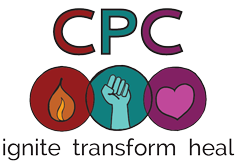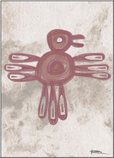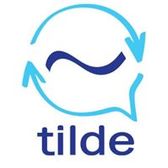Language Justice Resources
Center for Participatory Change
|
Cenzontle Interpreter Cooperative
|
tilde Language Justice Cooperativetilde is a cooperative that creates a sustainable livelihood for language justice workers, and advances language justice by providing high-quality interpreting, translation, training, and consulting in the North Carolina Triangle region and beyond.
|
"Language is power. Language can determine whether a person or a community has access to—or is shut out from—decision-making processes and persons, resources, information, and services. This happens vertically when folks have to interact with hospitals, law enforcement, social services, etc. It also happens horizontally in movement spaces where English is centered as the language of the movement and non-English speakers are routinely linguistically – and sometimes literally – marginalized and segregated. The goal of Language Justice work is relatively straightforward: |



